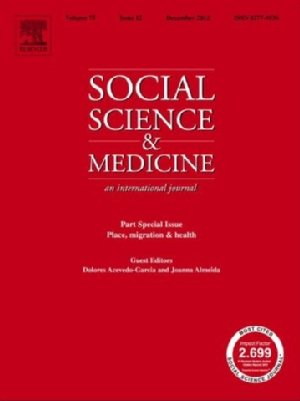
Violent conflicts claim lives, disrupt livelihoods, and halt delivery of essential services, such as health care and education. Health systems are often devastated in conflicts as health professionals flee, infrastructure is destroyed, and the supply of drugs and supplies is halted. We propose that early reconstruction of a functioning, equitable health system in countries recovering from conflict is an investment with a range of benefits for post-conflict countries. Building on the growing literature about health systems as social and political institutions, we elaborate a logic model that outlines how health systems may contribute not only to improved health status but also potentially to broader statebuilding and enhanced prospects for peace. Specifically, we propose that careful design of the core elements of the health system by national governments and their development partners can promote reliable provision of essential health services while demonstrating a commitment to equity, strengthening government accountability to citizens, and building the capacity of government to manage core social programs. We review the conceptual basis and extant empirical evidence for these mechanisms, identify knowledge gaps, and suggest a research agenda.